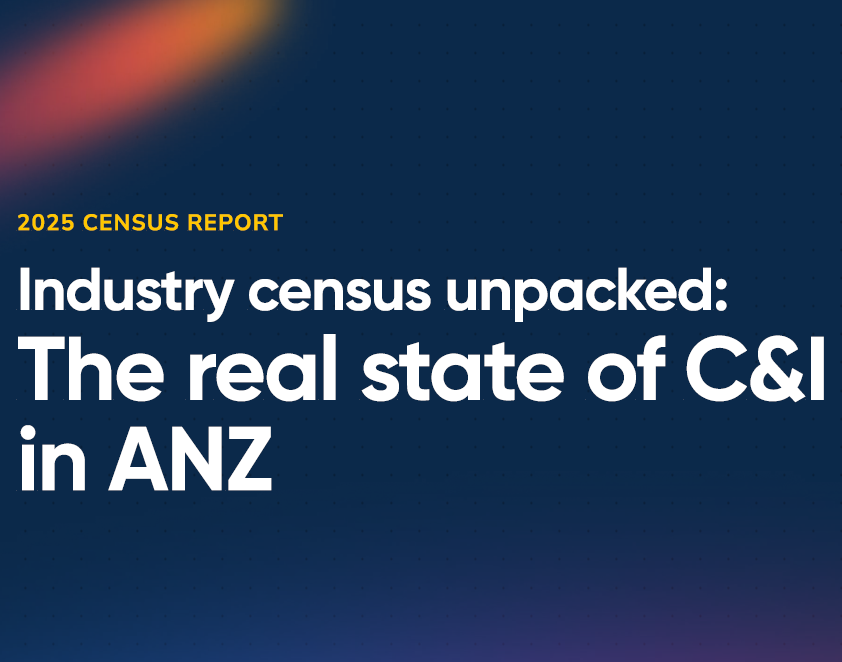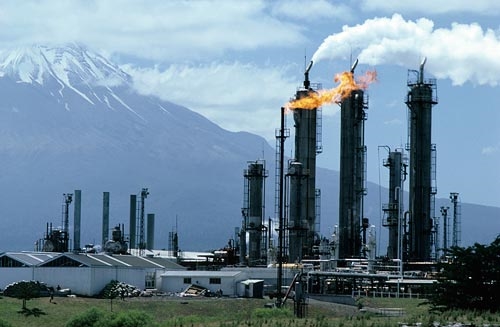As with any home or business upgrade, sensible Kiwis always ask how long will their solar power system last them. While it might be a simple question, the answer can be a little complicated. The ZEN Energy Systems team goes through the most important points.
How long does a solar panel last on average?
Solar panels are surprisingly simple devices, using no moving parts and requiring only a small amount of ongoing maintenance if they’ve been installed in the right way (by the right experts). ‘Maintenance’ typically consists of an occasional spray with the hose to get any leaves, dust or dirt off the panels to maintain sunlight absorption.
That’s why high-quality solar panel manufacturers offer 25-year warranties on their panels. There’s very little that can go wrong with them, so very little does go wrong, ensuring users can enjoy free, green energy for literal decades after initial installation.
Even after the warranty expires, that doesn’t mean the solar panel will suddenly stop working. The panels will continue to generate electricity, but potentially at a reduced level of efficiency (to the tune of about 10%-20% lower than their initial power rating).
What can damage a solar power system?
While solar panels and the other components of a solar power system are durable, there are some things to watch out for to ensure they last as long as possible.
- Solar panels can be damaged by extreme weather conditions. High winds, heavy snowfall and corrosion are all possible suspects, but they are rarely extreme enough in New Zealand to cause concern for the vast majority of users.
- Solar inverters, the component that converts your solar energy into usable energy, can be damaged by poor insulation, overheating, and inappropriate installation. They are far more complex than the panels, so you definitely get what you pay for when it comes to inverters. Higher quality brands are far more durable.
- Mounting systems on the roof usually last longer than the roof itself does! However, missing bolts or corrosion can make the system deteriorate faster.
- Solar batteries, if installed, should be checked for electrolyte leaks, battery cracks and corrosion regularly.
- The wiring and connections in a solar system very rarely cause issues, but they have the same possible issues as any other wiring in the home: overloading, cracks, even rodents can cause damage.
Take special note of the installation and placement of your solar inverter, as this is the most common item to fail in a solar power system. We typically find they still last up to 10 years, however, so don’t expect to need a replacement soon after initial installation.
And even if you do have any problems with any part of your solar system, quality components usually have a decade of warranty on first purchase - or even longer.
Expert advice and the right choice of solar power system components will make a huge difference to the overall longevity of your solar power and how often those components must be replaced.
When should you replace your solar panels?
Solar panels continue to generate electricity after their warranty expires, but at a reduced rate. If you want to get the absolute maximum efficiency out of your solar power system, you can replace your solar panels after 25 years.
It’s very likely that there will have been significant technological improvements in the two-and-a-half decades since first installation too, so you’ll likely enjoy even better generation than what you started with.
On a similar note, you’ll also likely find that replacing your panels is far less expensive than the initial installation, as your home will already have the required infrastructure in place to enjoy solar.
Maintenance tips for longer lasting solar panels
Being able to enjoy clean, green power without relying on local utility companies is great, but knowing you’ll be able to enjoy it for as long as possible is even better. Here are a few tips that will help make sure your solar panels last longer.
- Regular cleaning. Keep your solar panels clear of dust, dirt, pollen and leaves with a regular hose-down. Try to do this at least once every 6 months. It’s also a good idea to check that your panels don’t have vermin or birds nesting underneath.
- Professional checkups. A regular maintenance schedule from a local expert will ensure that your panels stay efficient and any less obvious issues can be discovered and fixed before they become real problems.
- Start the right way. Make sure your panels (and your solar system as a whole) is installed using quality components from a reputable provider.
Can solar panels be recycled?
While solar panels can be recycled, New Zealand currently doesn’t have the facilities required for solar panel recycling. As solar power continues to get more popular, it’s likely that these facilities will eventually be created - but for now, if you want to keep perpetuating the green energy cycle that you invested in when you first purchased your solar power system, it’s best to keep your solar panels in top shape so they can continue to generate for decades to come.
For more information about repairing, replacing and maintaining your solar panel system, get in touch with the team at ZEN Energy Systems - your local solar experts.




